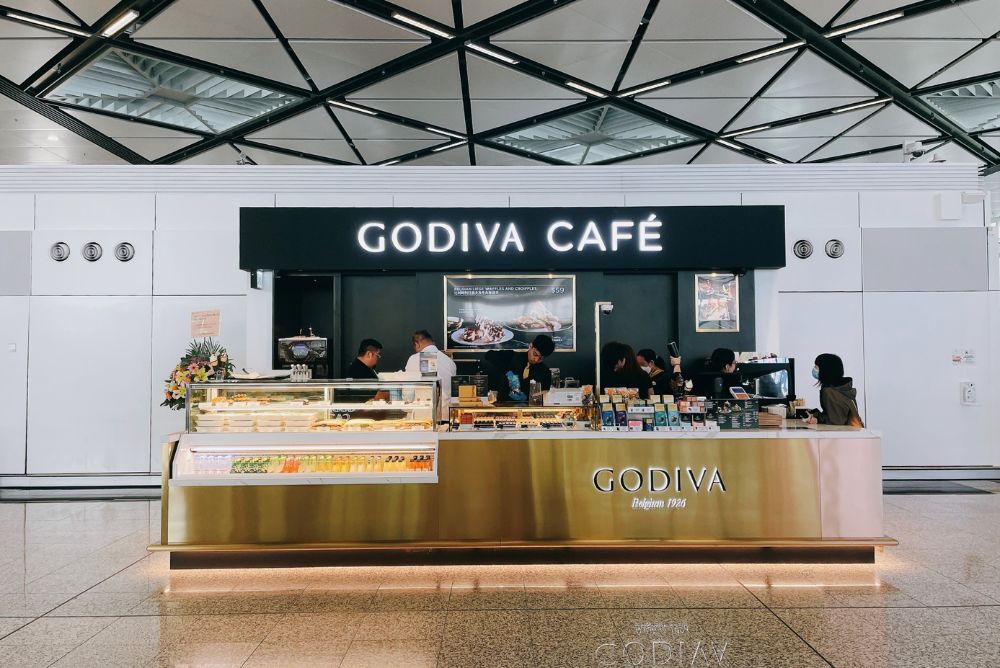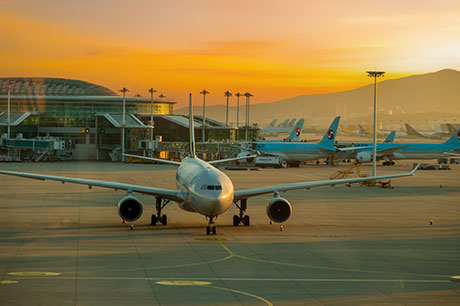President vows to fight MERS as tourists fall
By Doug Newhouse |
 South Korean President Park Geun-hye has ordered her administration to make every effort possible to both contain and eradicate the threat from Middle East respiratory syndrome (MERS) that has so far claimed nine lives and accounted for 108 confirmed diagnosed cases. It could also be responsible for a 70% drop in Chinese tourist arrivals, according to estimates from China’s official government news agency Xinhuanet.
South Korean President Park Geun-hye has ordered her administration to make every effort possible to both contain and eradicate the threat from Middle East respiratory syndrome (MERS) that has so far claimed nine lives and accounted for 108 confirmed diagnosed cases. It could also be responsible for a 70% drop in Chinese tourist arrivals, according to estimates from China’s official government news agency Xinhuanet.
President Park led an emergency meeting of the cabinet earlier today, as she cancelled next week’s planned summit visit to meet with President Obama to deal with the present outbreak. So far this has also seen more than 2,000 individuals quarantined.
Meanwhile, South Korea’s MInistry of Health & Welfare has pointed out that all nine fatalities were amongst patients who were already hospitalised with serious conditions. But this has only led in turn to major questions as to how they were infected with MERS in the first place.
It has also been received badly by a South Korean public that is still unimpressed with politicians following the handling of last year’s tragic ferry incident where more than 300 people died.
Seoul’s Health Ministry has since called for travel restrictions to be imposed on all those who have visited medical institutions which have been exposed to MERS, while 16 hospitals are presently treating suspected but not confirmed cases. [The virus is so named because it has already been responsible for several deaths in the Middle East-Ed].
Meanwhile, the fall out for South Korea’s tourism industry has already begun, with Xinhuanet – the official Chinese Government news agency – reporting that the country’s travel agents are predicting a ’70% drop or more’ in Chinese nationals’ summer trips to South Korea as a result of this MERS outbreak.

South Korean President Park Geun-hye heads an emergency meeting of the Joint Public-Private MERS Response Task Force in Seoul today.
The news agency quotes leading travel agencies in the country who report that their telephones have been ringing constantly with travellers asking if it is safe to travel to South Korea – predominantly Seoul and Busan. Last year more than 6.1m Chinese visited South Korea – the number one overseas destination for Chinese (excluding the Special Administrative Regions of Hong Kong and Macau).
The fading confidence amongst Chinese towars visiting South Korea has not been helped by the adverse publicity they have received surrounding a confirmed MERS case returning from South Korea to Guangdong. This has since led to 78 others being quarantined within China who were found to have been in contact with the man.
Other nationalities are also showing signs of serious concern about visiting South Korea. For example, both Eva Air and China Airlines have cut their total number of weekly flights to South Korea from 60 to less than 30 after Taiwan’s Health Ministry issued a travel alert for the whole of South Korea and not just Seoul.
Similarly, Hong Kong’s Centre for Health Protection (CHP) of the Department of Health has also issued a travel warning: “In view of the latest situation in Korea, the public should avoid unnecessary travel to Korea, in particular those with chronic illnesses. Travellers in Korea and the Middle East should avoid unnecessary visits to health-care facilities.”

South Korean President Park Geun-hye hosts a meeting of the Ministry of Public Safety and Security earlier today.
In the meantime, President Park says she is giving full authority to ‘experts’ on the Joint Public-Private MERS Response Task Force. She said: “The point of a quarantine is to be aware of the complete infection vector and perfectly cut all connected chains, thus preventing all possible contact. As we need to make swift decisions according to a changing situation, we need to form a special team of experts and give them full authority in order to make timely responses,” she said.
For its part, the World Health Organisation (WHO) is urging that emphasis should be placed on infection prevention and control measures to prevent the possible spread of MERS. It also warns that its research has shown that it is not always possible to identify patients with MERS early, because the symptoms are non-specific.
At this point the WHO has not advised its member countries to install special screening at points of entry or to apply any travel or trade restrictions.
Alcohol insights: Conversion up, spend down in Q4
Conversion of visitors in the alcohol category in duty free has risen to 54% in Q4 2023,...
TR Consumer Forum: Agenda & speakers revealed
Influential speakers will unpack the most effective strategies for understanding and engaging...
Saudia Arabia's KKIA unfurls T3 duty free expansion
King Khalid International Airport (KKIA) has unveiled the first stage of its much-vaunted duty...
-
 Asia & Pacific,
Asia & Pacific,Alcohol insights: Conversion up, spend down in Q4
-
 Asia & Pacific,
Asia & Pacific,TR Consumer Forum: Agenda & speakers revealed
-
 Asia & Pacific,
Asia & Pacific,Saudia Arabia's KKIA unfurls T3 duty free expansion

In the Magazine
TRBusiness Magazine is free to access. Read the latest issue now.

 Trbusiness. The travel retail Trbusiness. The magazine for global retail and duty free professionals.
Trbusiness. The travel retail Trbusiness. The magazine for global retail and duty free professionals.





















